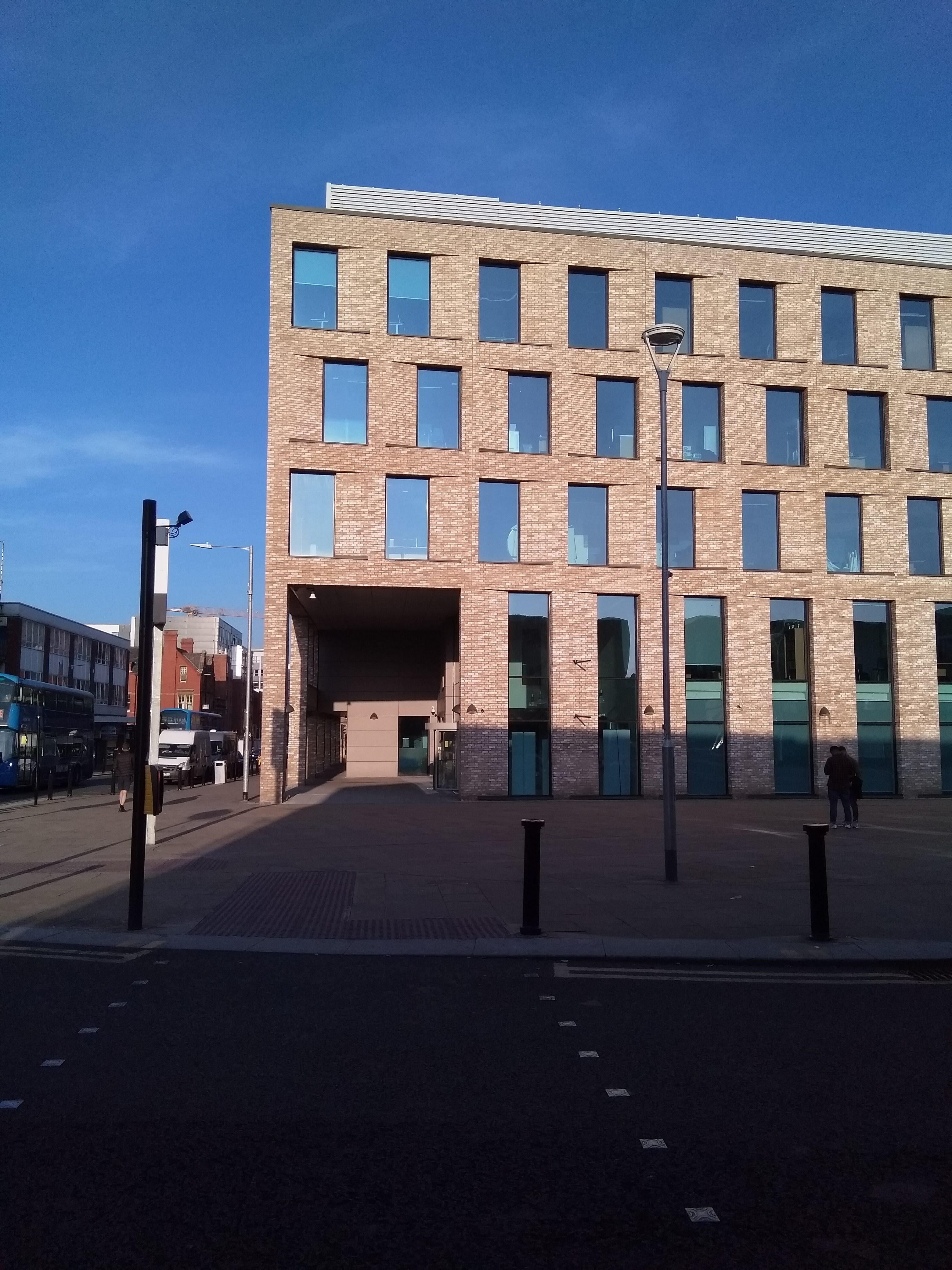
- Teacher: Alicia Danielsson
- Teacher: Jake Heyworth
- Teacher: Vicky Owens
- Teacher: Giammarco Rao

This Module aims to provide an introduction to key critical and cultural ideas and theories, alongside developing your research practice. Throughout the module you will consider how the opportunities, possibilities and challenges presented both restrict and facilitate Live Event Design. You will explore specific areas of professional practice relevant to your negotiated area of specialism in order to identify the key principles, practices and existing/emerging points of reference that influence design practice, trends and conventions across the creative industries. Throughout the period of study, you will be set a number of specific case study/scenario tasks related to the module content that will test your understanding of design principles in the Live Events and Creative Industries. These will build a comprehensive portfolio that you will submit as a single piece of work at the end of the module.
This Module aims to provide an introduction to key critical and cultural ideas and theories, alongside developing your research practice. Throughout the module you will consider how the opportunities, possibilities and challenges presented both restrict and facilitate Live Event Design. You will explore specific areas of professional practice relevant to your negotiated area of specialism in order to identify the key principles, practices and existing/emerging points of reference that influence design practice, trends and conventions across the creative industries. Throughout the period of study, you will be set a number of specific case study/scenario tasks related to the module content that will test your understanding of design principles in the Live Events and Creative Industries. These will build a comprehensive portfolio that you will submit as a single piece of work at the end of the module.


his module develops and consolidates your ability to undertake a major research project. The two main approaches, quantitative and qualitative, will be explored, including how data is collected and analysed within each of these areas. Attention will also be paid to ensuring that research is ethical. To give this module more salience, you will develop these research skills within the context of your particular subject area.

This module develops and consolidates your ability to undertake a major research project. The two main approaches, quantitative and qualitative, will be explored, including how data is collected and analysed within each of these areas. Attention will also be paid to ensuring that research is ethical. To give this module more salience, you will develop these research skills within the context of your particular subject area.

The Research Methods module directly precedes and supports the Dissertation module (MBA7017). It will enable you to develop a research proposal, comprising feasible research objectives and a preliminary conceptual/analytical framework to frame and analyse your data and context based upon a critical review of appropriate literature. In particular, this module will allow you to make informed decisions about which research philosophies, strategies and methods are suitable for your research; triangulation, reliability, validity and research ethics will be explored and a variety of methods examined.

The dissertation provides students with the opportunity to undertake an extended and substantial piece of research. It allows students to synthesise their academic knowledge acquired from the taught MBA modules and to produce an evaluative and critical discussion of strategic issues relevant to their work-place or the organisationally centred topic under study. The dissertation follows the completion of the research methods module completion of which is a prerequisite for commencement of the dissertation. Following receipt of feedback from the second research methods assignment, you will improve the initial three chapters and in con junction with your supervisor’s guidance, you will then undertake the data gathering fieldwork, evaluate and synthesise the findings and present them clearly. You will also present a set of conclusions drawn from the findings, together with recommendations and a suggested implementation plan to introduce measures identified in the fieldwork to improve organisational performance. Executive MBA students will also produce a reflective auto-critique of the concepts/methods deployed, the role of the learning set, constraints in the workplace and an outline of the management skills they have developed.

The dissertation provides students with the opportunity to undertake an extended and substantial piece of research. It allows students to synthesise their academic knowledge acquired from the taught MBA modules and to produce an evaluative and critical discussion of strategic issues relevant to their work-place or the organisationally centred topic under study. The dissertation follows the completion of the research methods module completion of which is a prerequisite for commencement of the dissertation. Following receipt of feedback from the second research methods assignment, you will improve the initial three chapters and in con junction with your supervisor’s guidance, you will then undertake the data gathering fieldwork, evaluate and synthesise the findings and present them clearly. You will also present a set of conclusions drawn from the findings, together with recommendations and a suggested implementation plan to introduce measures identified in the fieldwork to improve organisational performance. Executive MBA students will also produce a reflective auto-critique of the concepts/methods deployed, the role of the learning set, constraints in the workplace and an outline of the management skills they have developed.